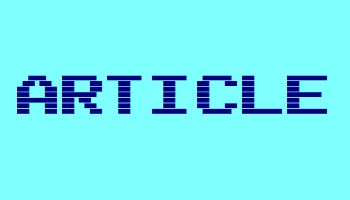TITLE
I Figured Out Wordle’s Secret
AUTHOR
Ian Bogost
PUBLICATION
The Atlantic
YEAR
2022
ARTICLE TYPE
Article
FROM THE ARTICLE
Wordle! It’s a word game people are playing online. Each day, the game offers one new puzzle: Guess a five-letter English word correctly in six or fewer tries. After each guess, the game tells you which letters are correct, which are wrong, and which are the right letters in the wrong place. It’s fun! But why?Games seem like trifles, and many are, which can make them difficult to take seriously as art or culture. Perhaps that’s why accounts of their success tend to focus on their peripheries. Wordle is easy to access, just a website you can visit from any browser or device without a download. It has what game designers sometimes call “juiciness,” a delightfulness of audiovisual response—in Wordle’s case, the way the game reveals the results of a guess letter by letter offers both drama and satisfaction. A charming backstory also underlies the game: A programmer made it for his partner, for love rather than money.
But none of these explanations captures the essence of Wordle’s seductive delight. In the game, you get six guesses to solve a puzzle. When it comes to the puzzle of Wordle, I’m going to solve it for you in four: its unoriginal design, its ritual comfort, its interpretive sharing mechanism, and—one that may disappoint you, but that you need to accept—the fact that it’s just a game, and games are fun.
GAMES MENTIONED
Wordle

